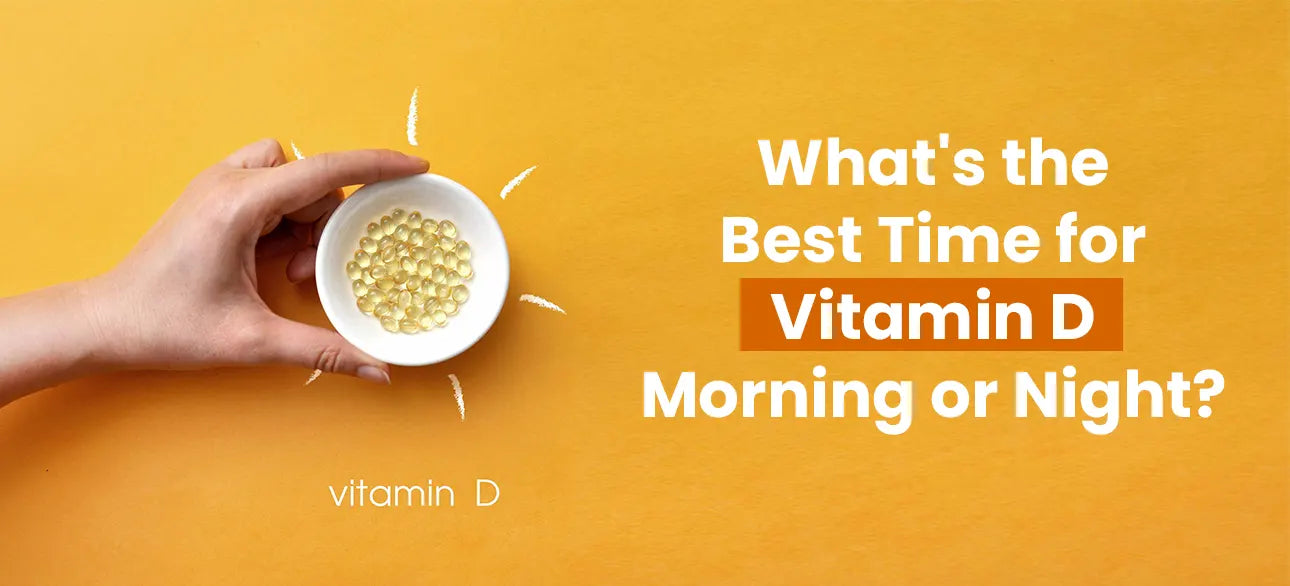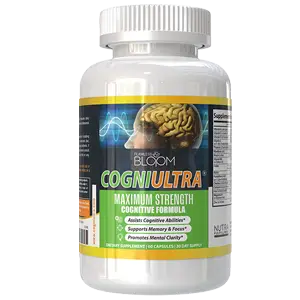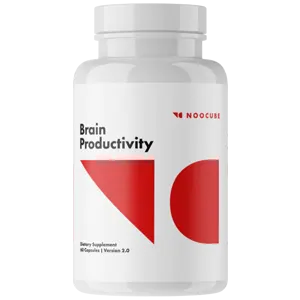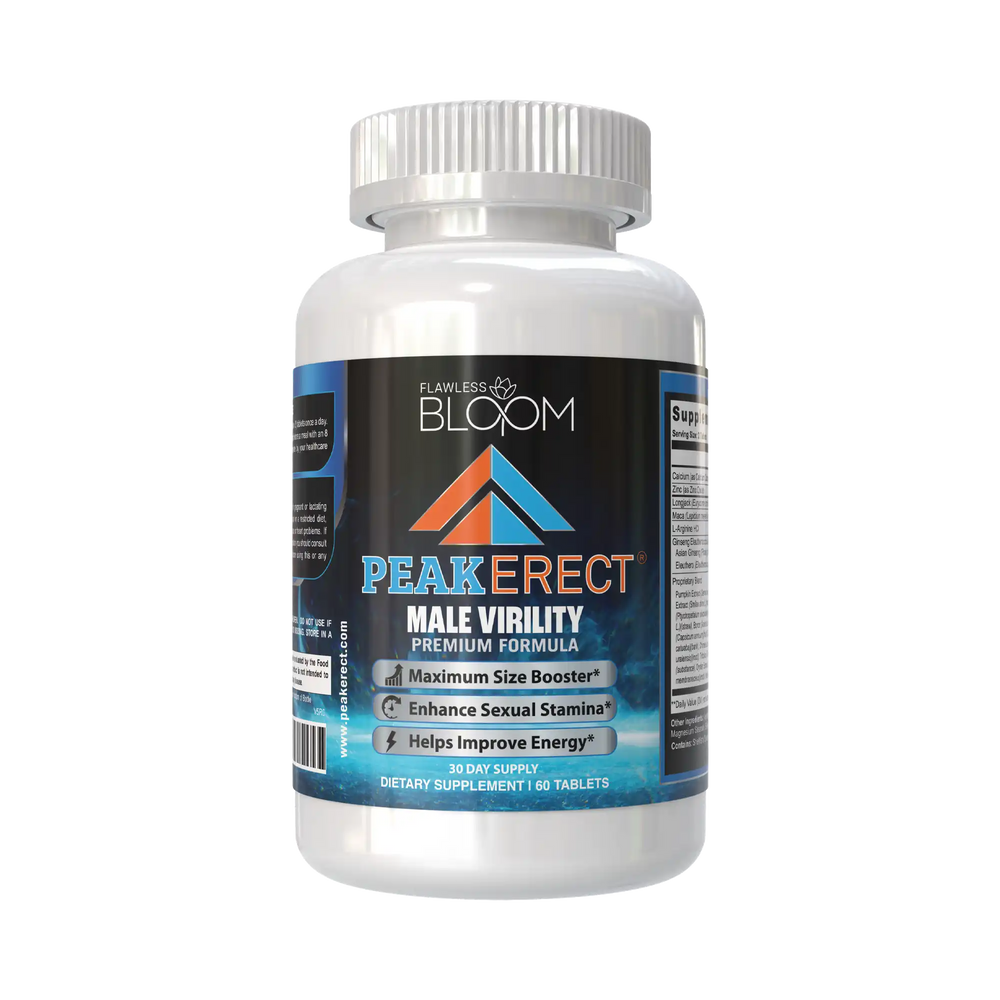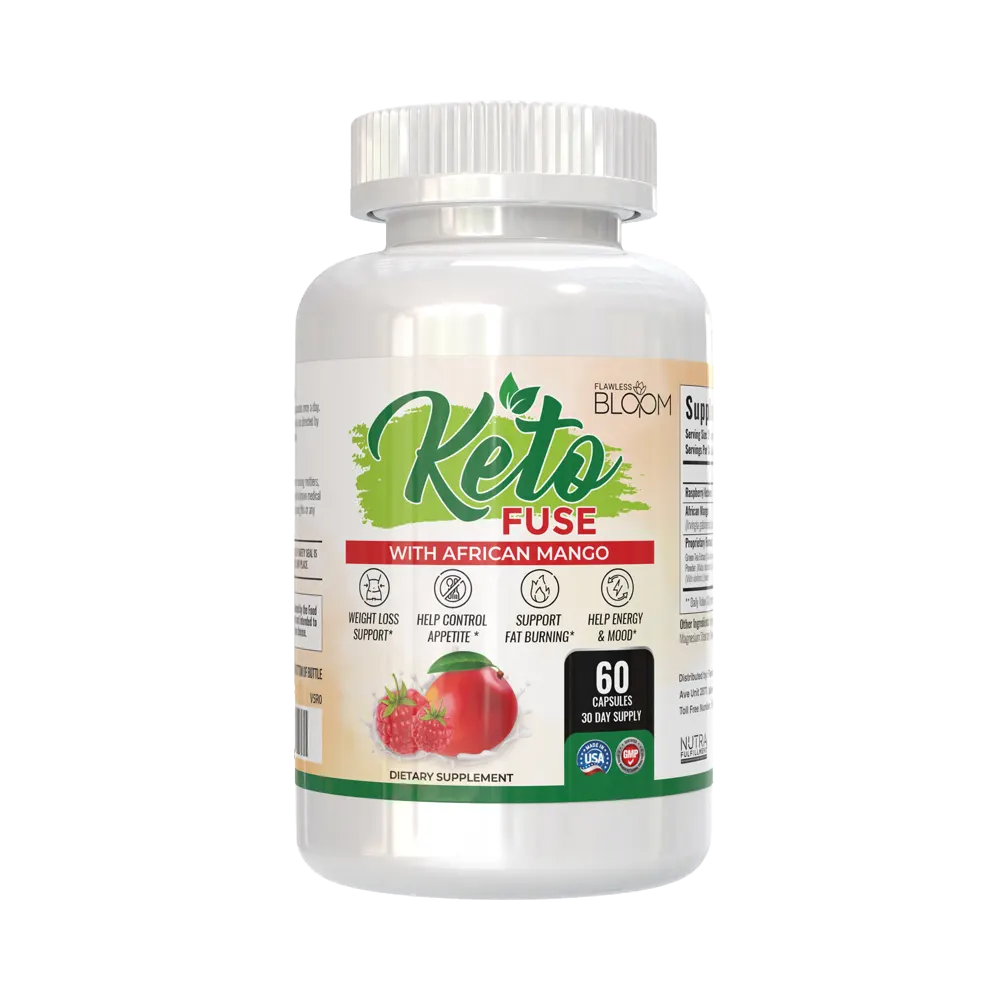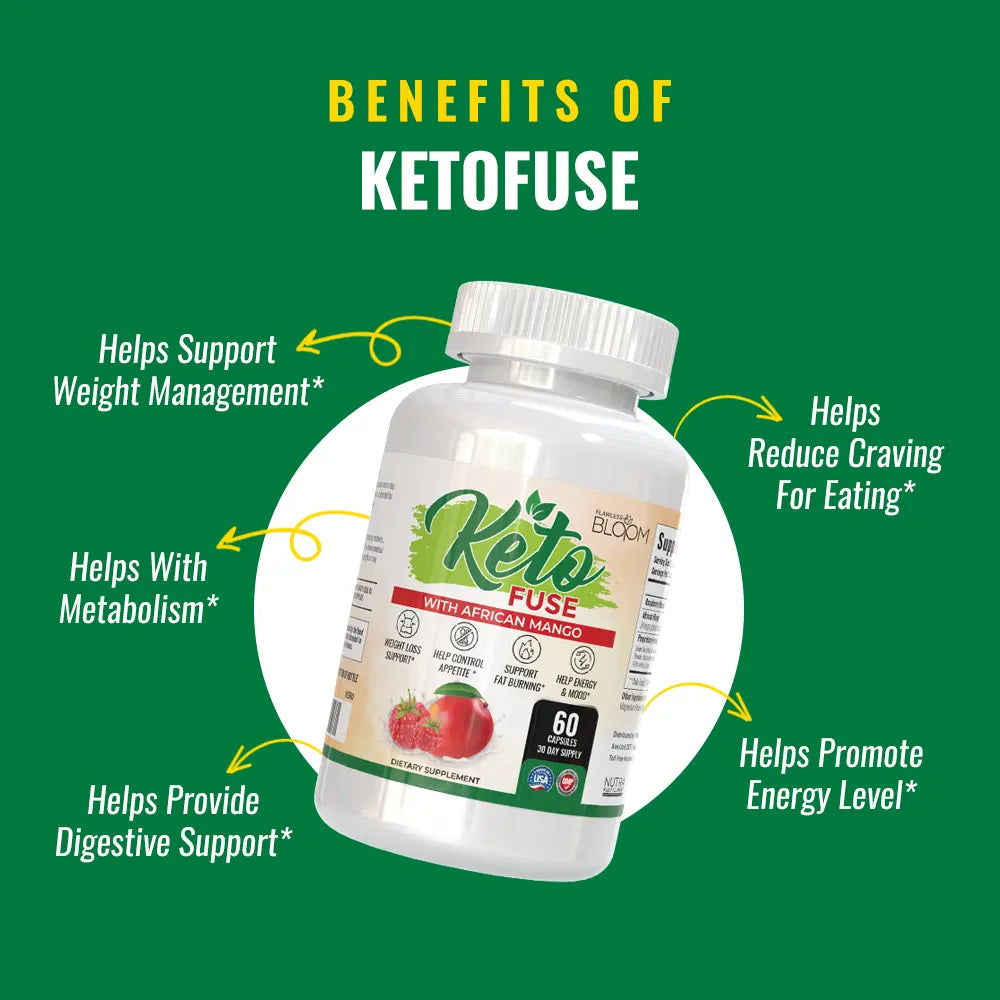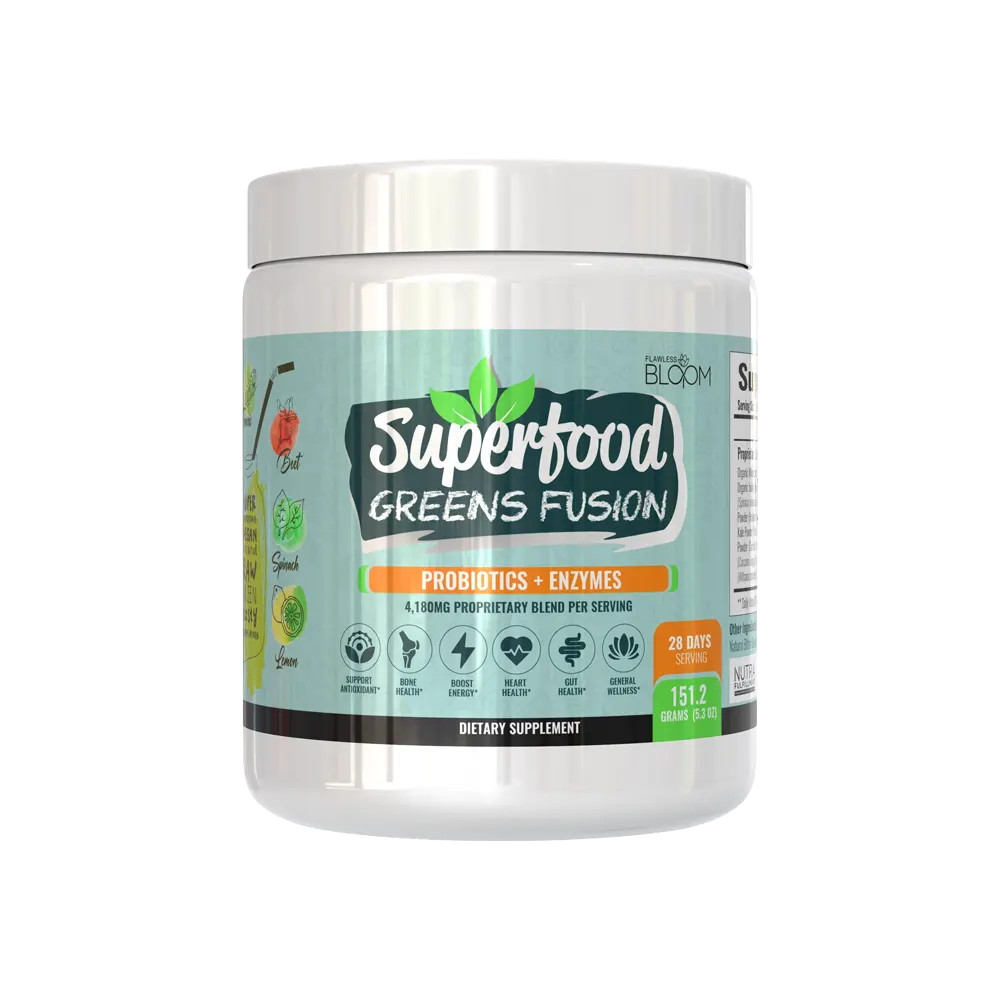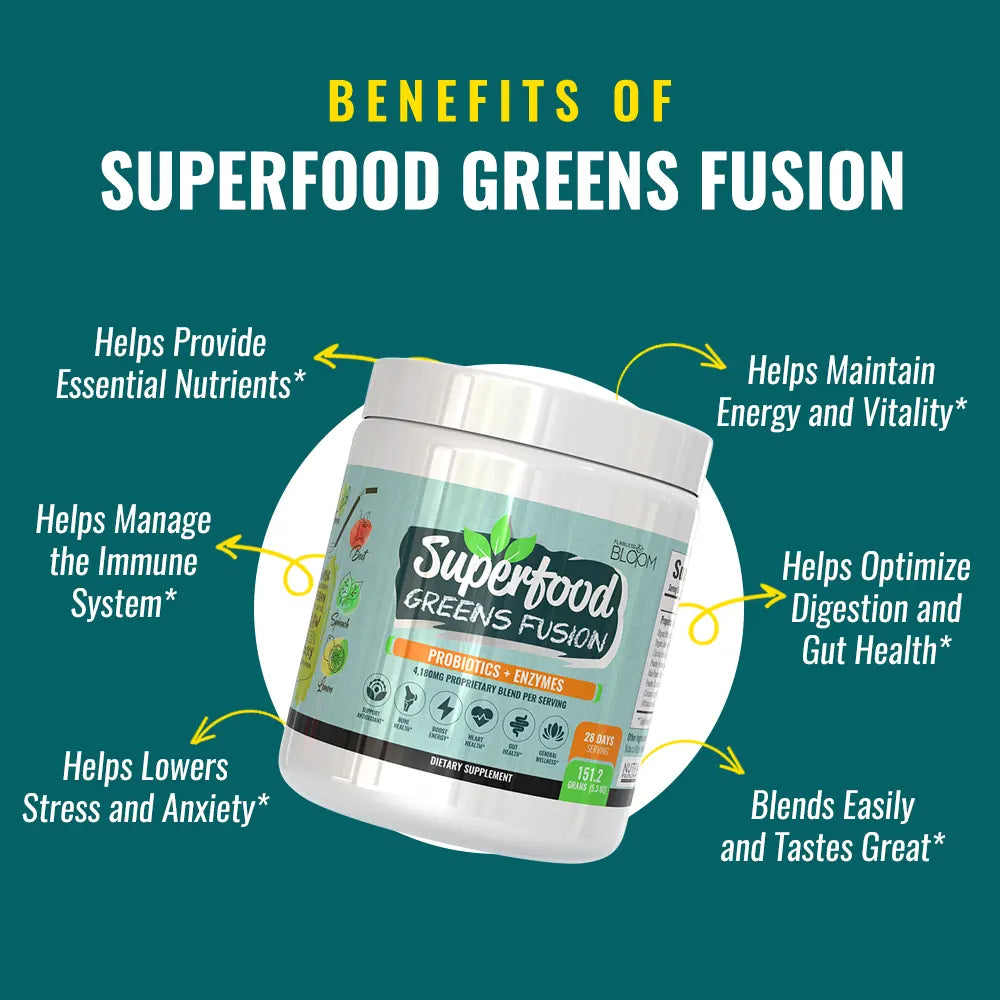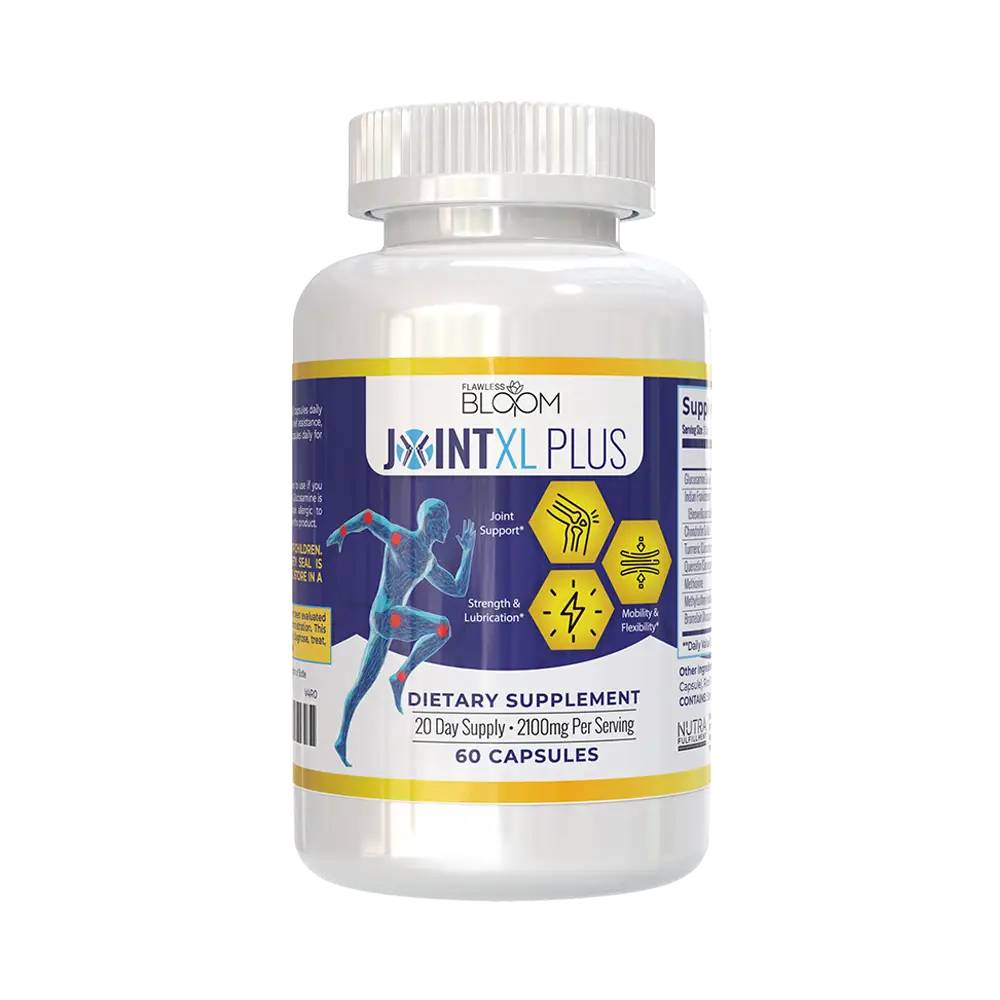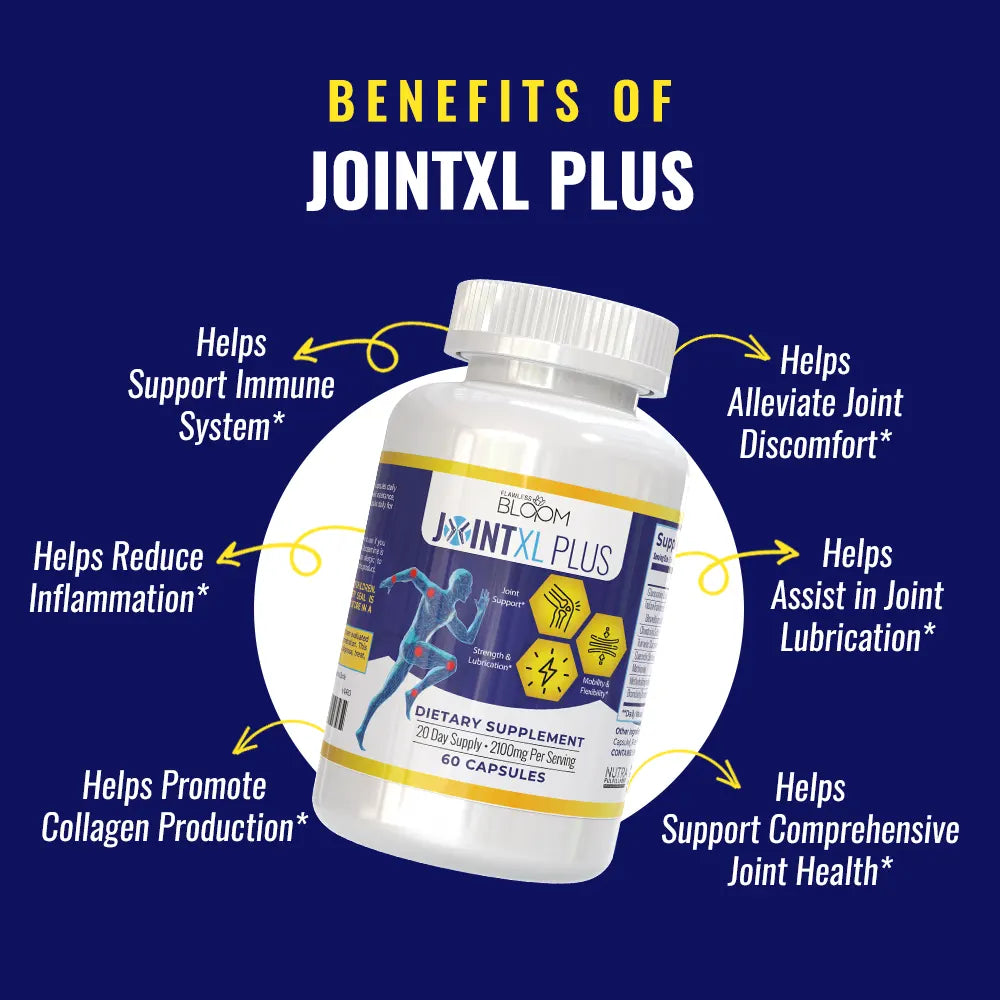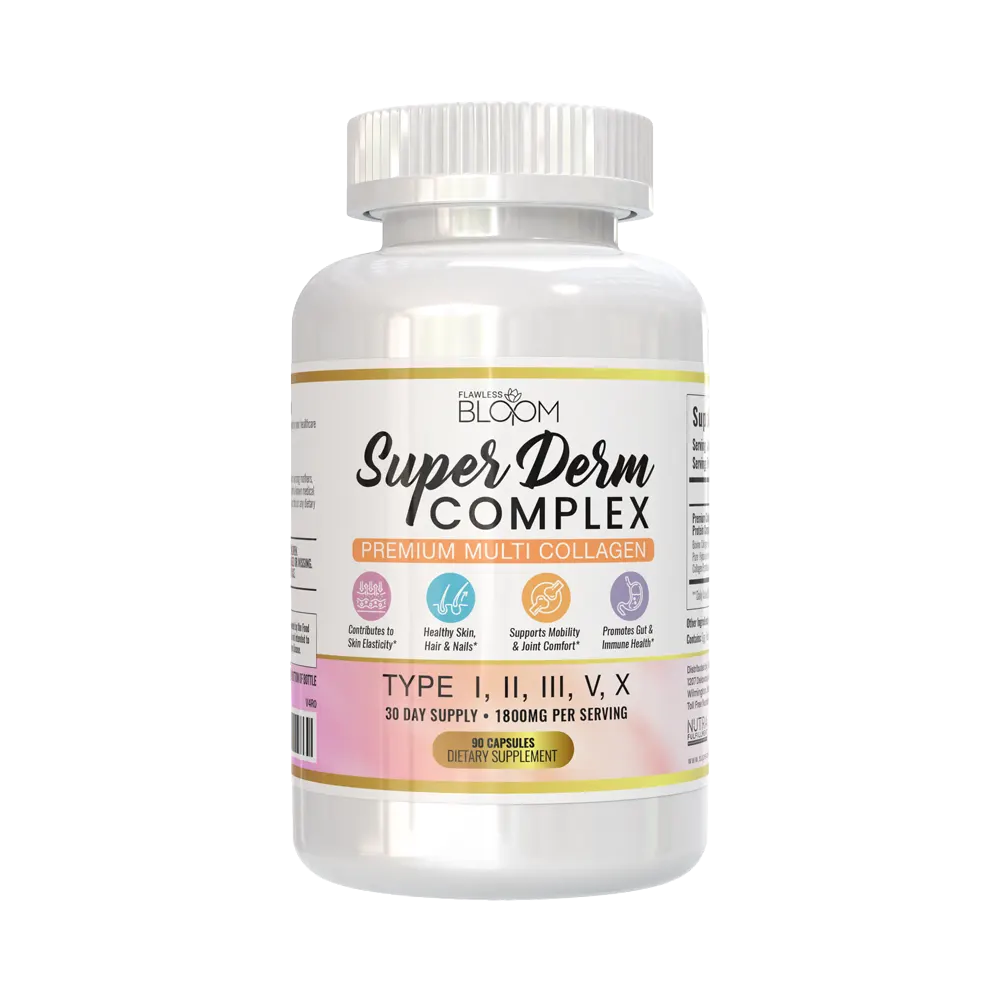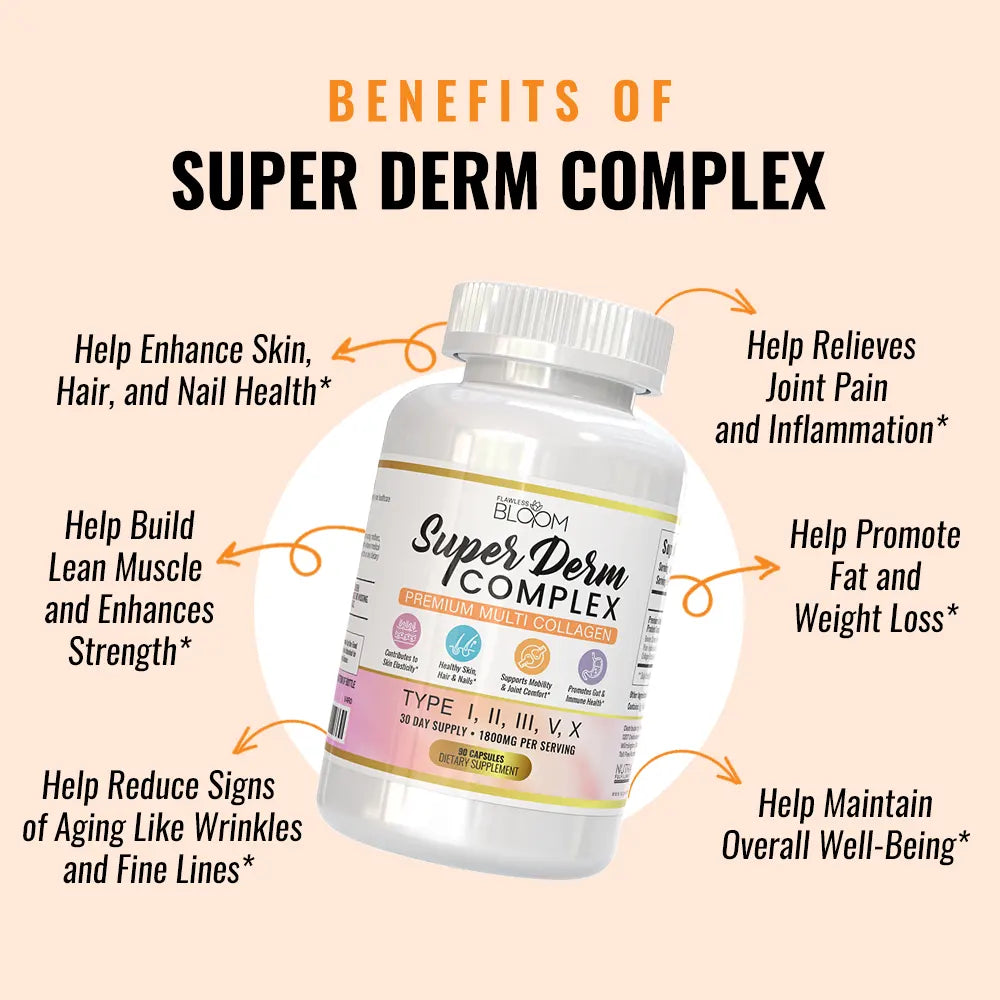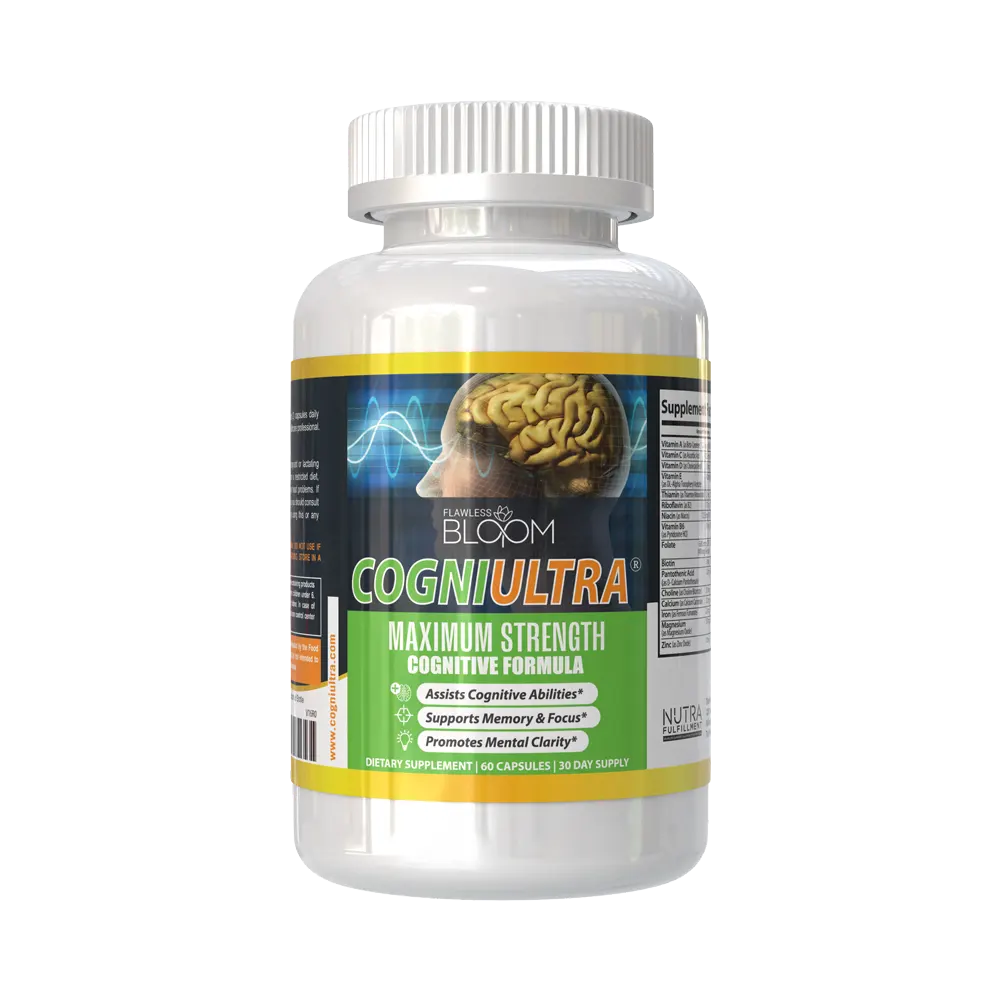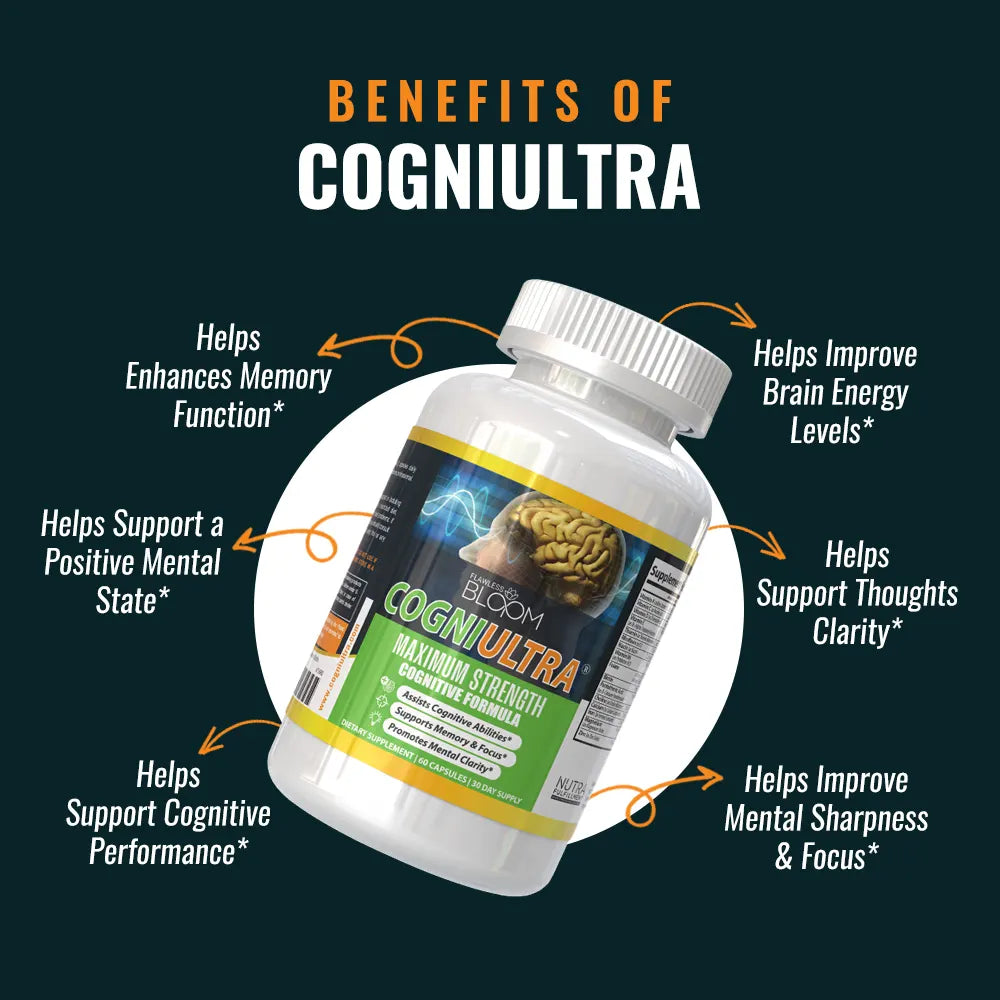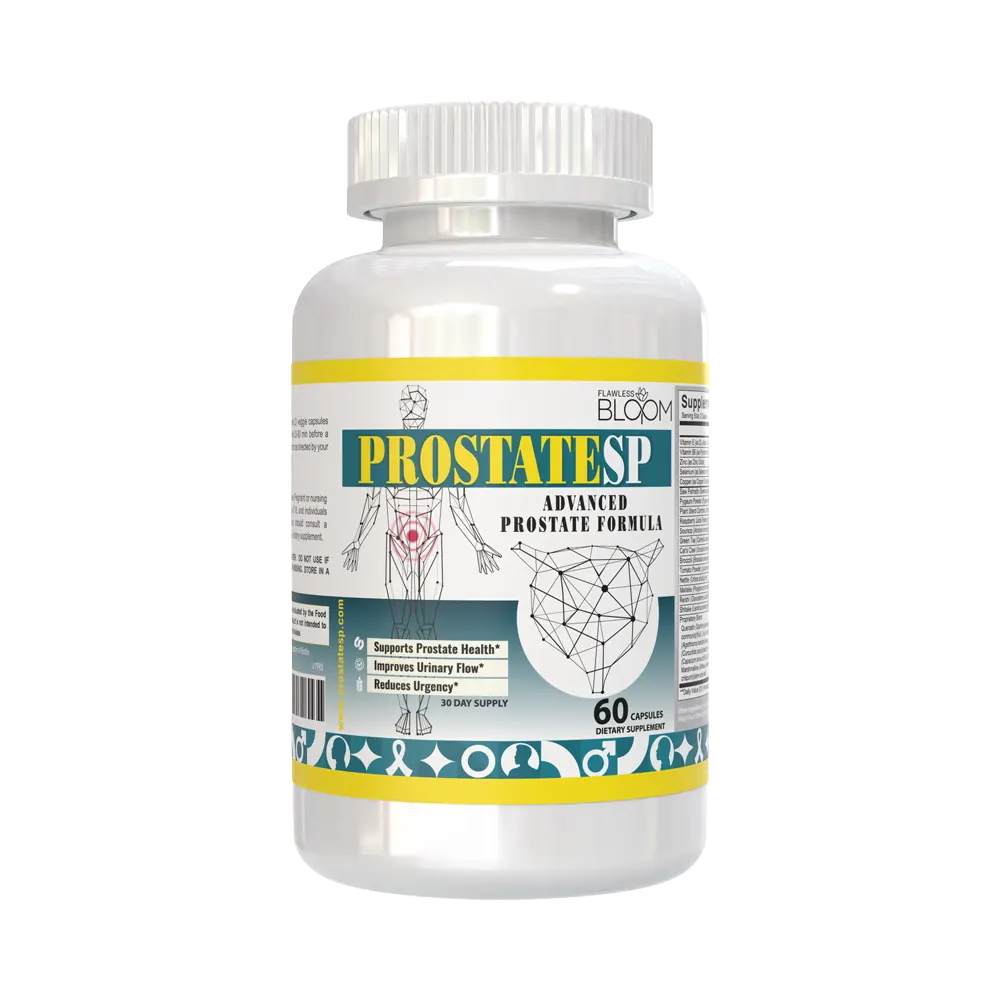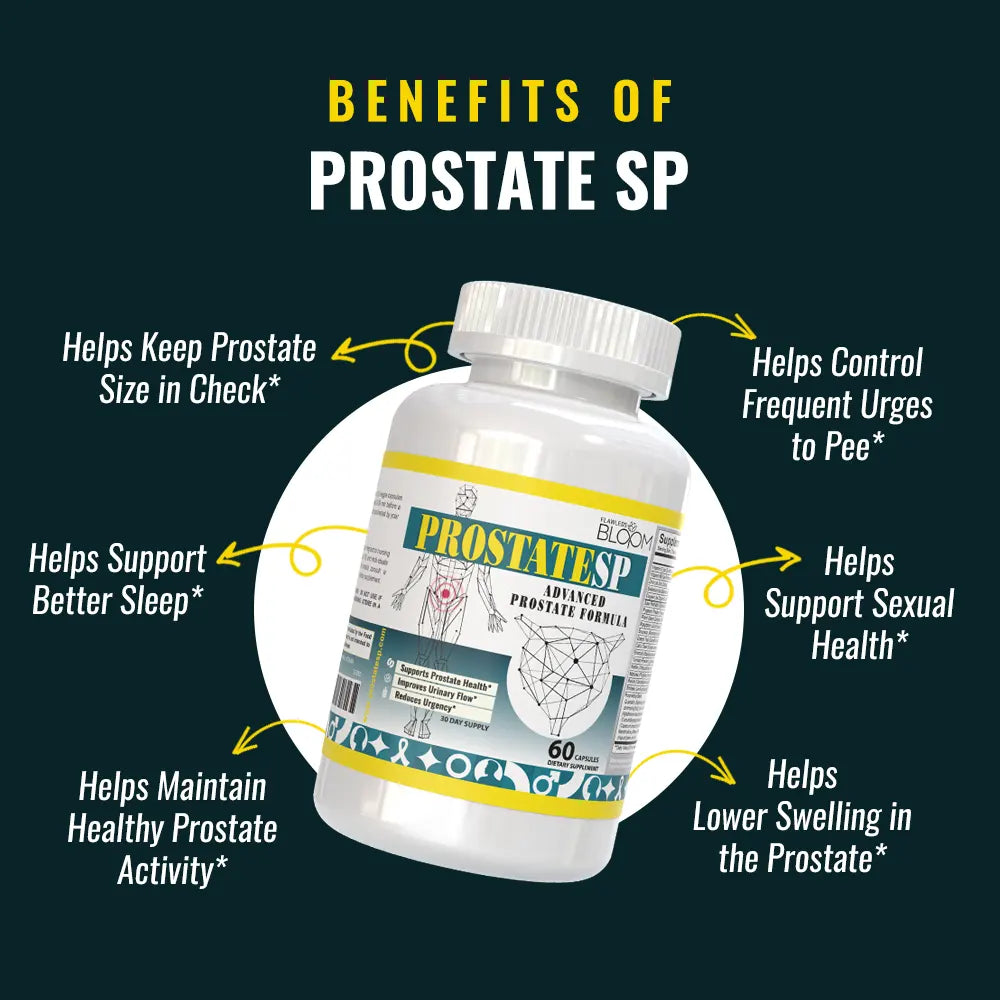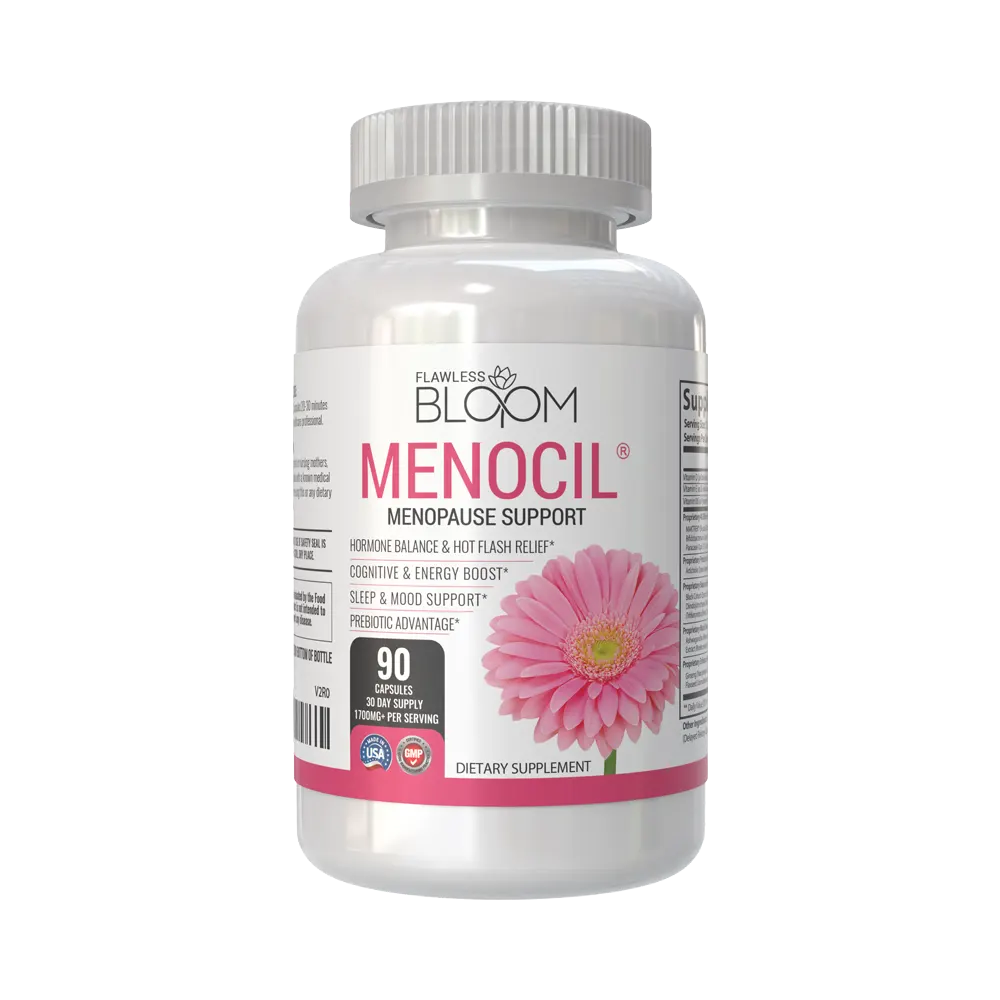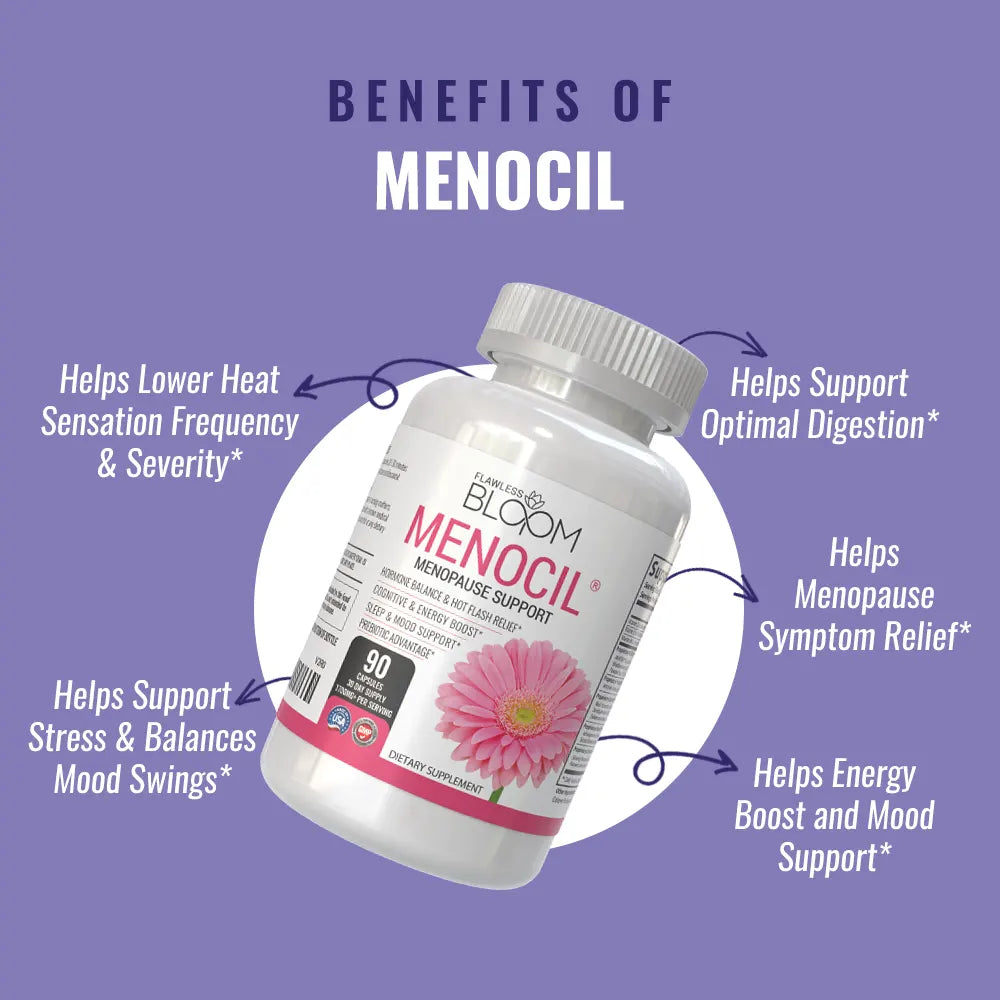What Are the Benefits of Vitamin E?
This comprehensive article explains the benefits of vitamin E, including its antioxidant actions, immune support, potential for heart and brain health, and how to ensure adequate intake safely.
Advertiser Disclosure: We independently select all the products. If you click through links we provide, we may earn a commission.

Each day brings a hidden battle inside your body against tiny foes known as free radicals. These harmful agents work hard to destroy your cells from within their core structures.
Your defense comes through vitamin E, a strong nutrient that guards your body like a skilled protector. This nutrient fights off damage that threatens your cellular health every moment.
Our deep dive shows exactly how vitamin E shields your well-being and supports key body functions. Learning about this vital nutrient can change how you think about staying healthy.
What Is Vitamin E?
Vitamin E ranks among nature's most advanced defense molecules in the nutritional world today. This fat-soluble vitamin works as a strong antioxidant that your body needs for peak health.
Water-soluble vitamins leave your system fast, but vitamin E works quite differently than those. This nutrient embeds deep into your cell walls and fat tissues for lasting protection. The protection stays right where your body needs it most for optimal function.
Eight different molecular types make up the complete vitamin E family we know today. Each type starts with alpha-, beta-, gamma- or delta- and ends with tocopherol or tocotrienol.
Alpha-tocopherol works as the top choice since it alone meets your body's nutritional needs. Your liver picks and uses alpha-tocopherol much better than it handles other forms. This special treatment happens because your body recognizes this form most easily.
Vitamin E fascinates experts because of its special molecular design that includes a chromane ring. This ring has a hydroxyl group that can give hydrogen atoms to stop free radicals.
This antioxidant process lets vitamin E give itself up to save your cells from harm. The nutrient works like a molecular shield that takes damage before it hits vital cell parts.
Vitamin E positions itself smartly within cell walls, showing how nature designs things perfectly. The molecule places itself close to fatty acid chains in the phospholipid bilayer structure.
It connects with omega-3 and omega-6 fatty acids to stop oxidation damage from occurring. This smart placement gives maximum protection right where oxidative stress happens most often.
Main Benefits of Vitamin E
 Health Benefits of Vitamin E
Health Benefits of Vitamin E
Cellular Protection Through Antioxidant Action
The primary benefit of vitamin E lies in its extraordinary ability to protect your cells from oxidative damage by neutralizing harmful molecules called free radicals. These unstable compounds continuously form in your body through normal metabolic processes and external exposures like pollution, tobacco smoke, and radiation4.
Without adequate antioxidant protection, free radicals steal electrons from healthy cells, weakening them over time and contributing to various diseases.
Research demonstrates that vitamin E supplementation can significantly reduce markers of oxidative stress while boosting antioxidant defenses in specific populations.
The vitamin works by donating electrons to stabilize free radicals, effectively stopping the chain reaction of cellular damage before it spreads throughout your tissues.
Immune System Support
Vitamin E plays a crucial role in supporting proper immune function, helping your body defend against infections and diseasesThe nutrient enhances immune cell communication and promotes the production of protective antibodies.
Studies show that adequate vitamin E levels help maintain immune system effectiveness, particularly important as you age when immune function naturally declines.
The immune-supporting properties of vitamin E extend beyond basic infection resistance. The vitamin helps regulate inflammatory responses, ensuring your immune system responds appropriately to threats without causing excessive inflammation that could damage healthy tissues.
Cardiovascular Health Benefits
Emerging research suggests vitamin E may help reduce risk factors associated with heart disease through multiple mechanisms3.
The vitamin's ability to prevent LDL (low-density lipoprotein) cholesterol oxidation represents a key protective factor, as oxidized LDL contributes significantly to atherosclerosis and arterial plaque buildup3.
Additionally, vitamin E supports overall lipoprotein and lipid homeostasis, helping maintain healthy cholesterol profiles.
While more research is needed to establish definitive cardiovascular benefits, the mechanistic evidence provides compelling support for vitamin E's heart-protective potential.
Skin Health and Healing Support
Vitamin E has earned recognition for its skin-protective properties, commonly appearing in moisturizers and topical treatments2.
The vitamin's antioxidant effects help protect skin cells from environmental damage, particularly from UV radiation and pollution exposure.
Many people report improved skin texture and appearance when using vitamin E-containing products.
The healing-support properties of vitamin E stem from its role in cellular repair processes and inflammation regulation. While topical application provides localized benefits, consuming adequate vitamin E through diet ensures skin cells receive antioxidant protection from within.
Other Possible Benefits
Brain Health and Cognitive Function
Some research indicates vitamin E might help slow mild to moderate Alzheimer's disease progression, though studies show mixed results.
The brain's high oxygen consumption and fatty acid content make it particularly vulnerable to oxidative damage, suggesting vitamin E's antioxidant properties could provide protective benefits.
However, the evidence remains inconsistent, with some studies showing cognitive benefits while others find no significant effects. More research is needed to establish vitamin E's role in brain health and age-related cognitive decline.
Lung Function Support
Intriguing research suggests that dietary antioxidants, including vitamin E, may help maintain lung function over time.
A 10-year study examining adults from three European countries found associations between higher fruit and antioxidant intake and slower lung function decline, particularly in former smokers.
While this research focused primarily on whole food sources rather than isolated vitamin E, the findings suggest that antioxidant-rich diets containing vitamin E may support respiratory health. The protective effects appeared most pronounced in ex-smokers, indicating potential benefits for lung recovery and maintenance.
Eye Health Protection
Vitamin E's antioxidant properties may help protect against age-related eye disorders, though definitive clinical evidence remains limited. The eyes face constant oxidative stress from light exposure and high metabolic activity, making antioxidant protection particularly important for long-term vision health.
Foods High in Vitamin E
Your body absorbs vitamin E most effectively from whole food sources, which provide additional beneficial nutrients like fiber, protein, and other antioxidants. The richest dietary sources include: Nuts and Seeds:
- Sunflower seeds
- Almonds
- Hazelnuts
- Peanuts
Vegetable Oils:
- Sunflower oil
- Safflower oil
- Wheat germ oil
- Olive oil
Other Sources:
- Leafy green vegetables (spinach, broccoli)
- Fortified breakfast cereals
- Fish and seafood
- Avocados
A well-balanced eating plan incorporating vegetables, fruits, nuts, seeds, and fish typically provides all the vitamin E your body needs.
Many processed foods also contain added vitamin E, labeled as "fortified" products, though reading nutrition labels helps identify these enhanced options.
The advantage of obtaining vitamin E from whole foods extends beyond the vitamin itself. These foods often contain complementary nutrients that work synergistically with vitamin E, potentially enhancing its absorption and effectiveness compared to isolated supplements.
How Much Vitamin E Do You Need?
Your vitamin E requirements vary throughout life, with specific recommendations for different age groups and life stages:
| Age Group | Recommended Daily Amount |
|---|---|
| Birth to 6 months | 4 mg |
| Infants 7-12 months | 5 mg |
| Children 1-3 years | 6 mg |
| Children 4-8 years | 7 mg |
| Children 9-13 years | 11 mg |
| Ages 14 and older | 15 mg |
| During pregnancy | 15 mg |
| While breastfeeding | 19 mg |
Most people easily meet these requirements through a balanced diet without needing supplements. The abundance of vitamin E in common foods means deficiency is relatively rare in developed countries among healthy individuals consuming varied diets.
Breastfeeding mothers require the highest vitamin E intake due to increased metabolic demands and the need to provide adequate levels through breast milk. However, even this elevated requirement remains achievable through dietary sources alone.
Can You Get Too Much Vitamin E?
While vitamin E from food sources poses virtually no risk of toxicity, supplements present potential dangers due to their concentrated doses.
Vitamin E supplements typically contain 10 to 20 times the daily requirement, creating opportunities for excessive intake.
Unlike water-soluble vitamins that your body eliminates through urine, vitamin E accumulates in tissues and liver since it's fat-soluble.
Vitamin E's primary role as a fat-soluble antioxidant is crucial for protecting cell membranes from damage, highlighting its importance for overall health. Dr. Jeffrey Blumberg, PhD
This storage capability means excess amounts can build up over time, potentially causing adverse effects.
Serious risks of vitamin E excess include:
- Increased bleeding risk due to blood-thinning effects
- Brain hemorrhages (life-threatening)
- Potential increased prostate cancer risk
- Interference with blood-clotting medications
Adults should not exceed 1,000 milligrams of vitamin E supplements daily. If your supplement lists vitamin E in international units (IU), the equivalent safe upper limit is 1,500 IU2.
Vitamin E acetate, used in some electronic cigarettes, has been linked to serious lung injuries in people who vape.
This connection highlights the importance of understanding different vitamin E forms and their safety profiles.
Here’s a YouTube short discussing the side effects of Vitamin E to help you better understand the topic.
Who Might Need Extra Vitamin E?
Certain individuals face higher risks of vitamin E deficiency and may benefit from supplements under medical supervision. These groups include:
People with fat absorption disorders:
- Celiac disease
- Crohn's disease
- Ulcerative colitis
- Liver disease
- Pancreatic disorders
These conditions impair the body's ability to absorb fat-soluble vitamins like vitamin E, potentially leading to deficiency despite adequate dietary intake2. Healthcare providers can assess individual needs and determine appropriate supplementation strategies.
Other risk factors for deficiency:
- Very low-fat diets
- Severe malnutrition
- Premature infants
- Genetic disorders affecting vitamin E metabolism
Before starting any vitamin E supplement, discuss your individual circumstances with a healthcare provider who can evaluate your risk factors and determine whether supplementation is necessary.
Conclusion: What to Remember About Vitamin E
Vitamin E stands as a vital nutrient that shields cells from harm caused by oxidation. This powerful vitamin also boosts immune system function and supports heart health. Brain function and lung health may also benefit from adequate vitamin E intake.
The vitamin acts as a strong antioxidant that keeps cells healthy and whole. It blocks damage from harmful free radicals that speed up aging and cause disease.
You should only think about taking vitamin E pills with doctor advice and guidance. People who have trouble absorbing fats may need extra help from supplements sometimes. High doses of vitamin E from pills can cause serious health problems for users.
Bleeding risks go up when people take too much vitamin E from bottles. Other bad effects can happen when supplement doses get too high for safety. Doctor oversight becomes critical when you consider adding vitamin E pills to your routine.
Keep in mind that vitamin E works best when paired with other healthy choices daily. A diet with many different foods gives your body what it needs most. Regular exercise helps your body use nutrients like vitamin E in better ways.
Other smart lifestyle choices boost the benefits you get from this key antioxidant. This amazing nutrient provides real benefits for your health and wellness goals. Yet vitamin E forms just one piece of the complete nutrition puzzle you need.



